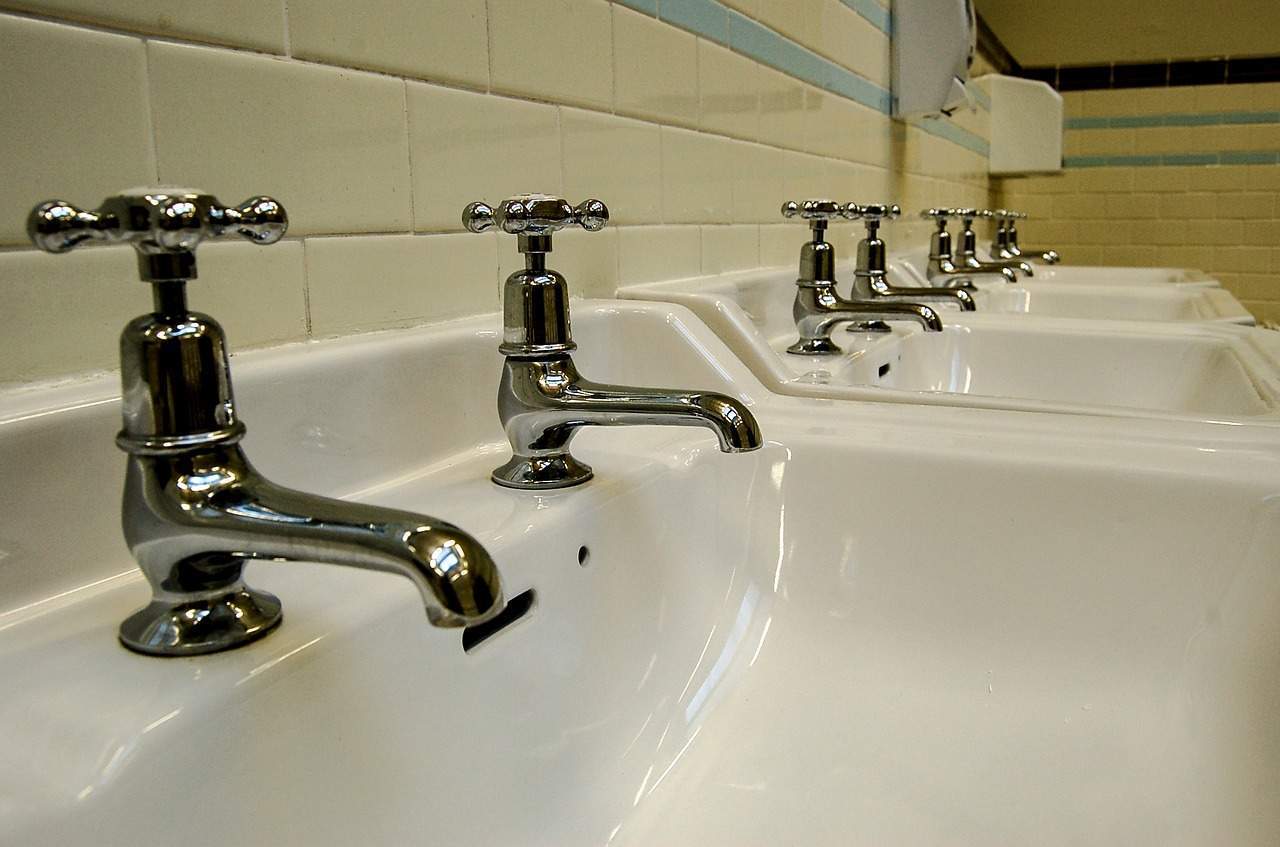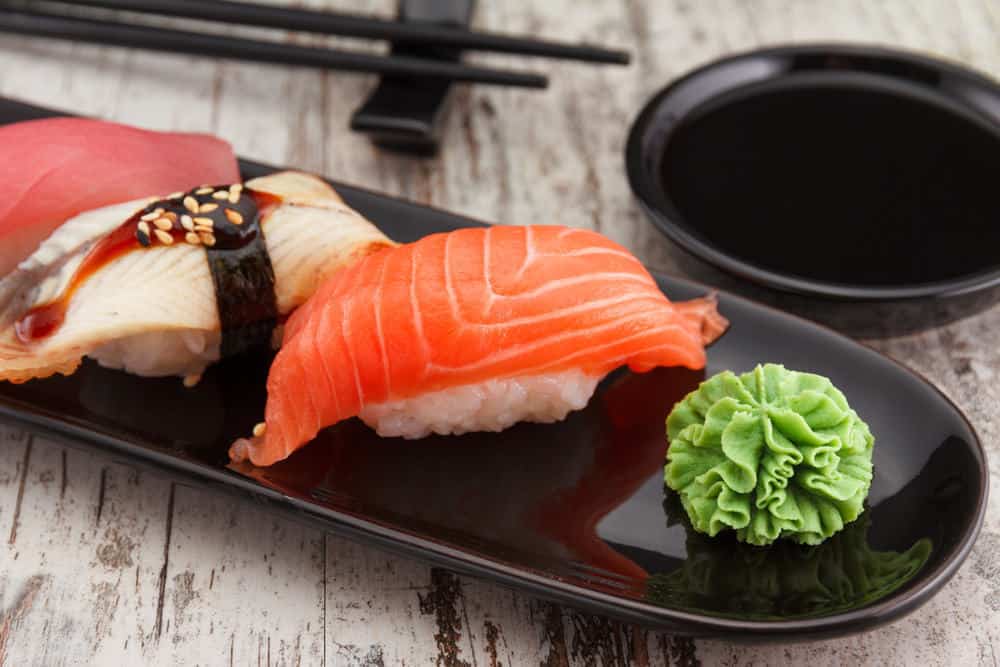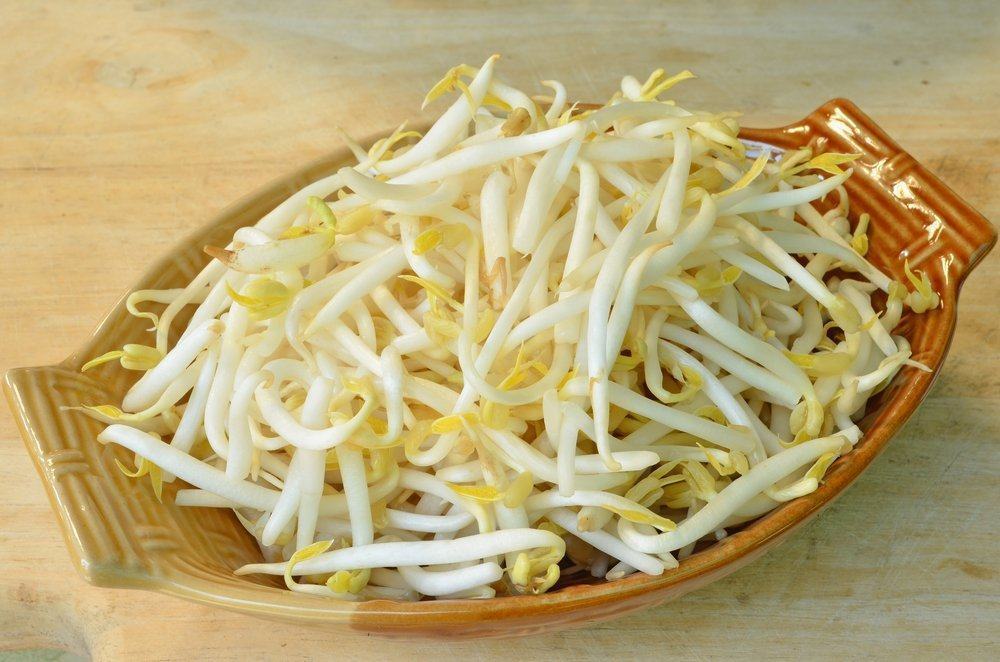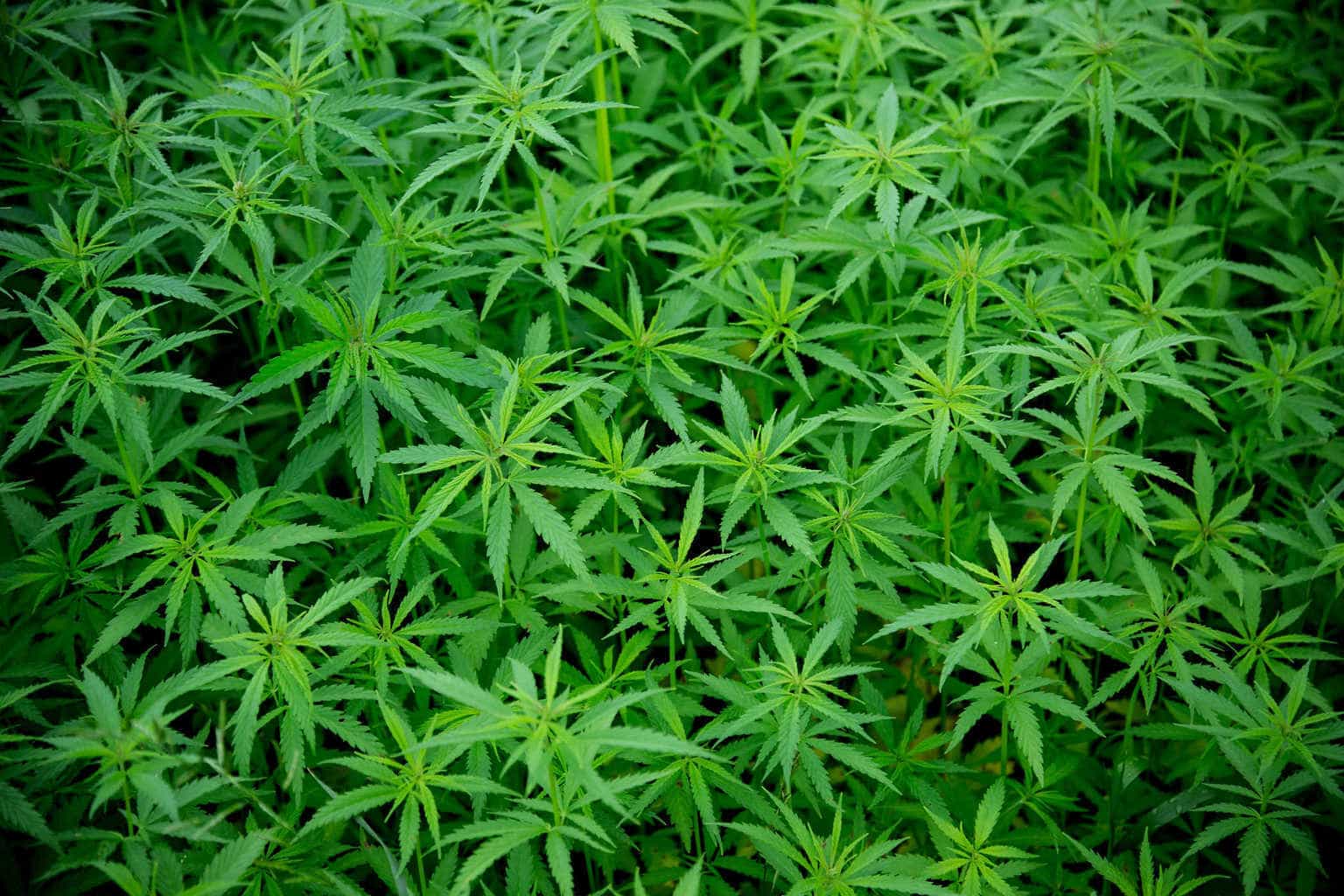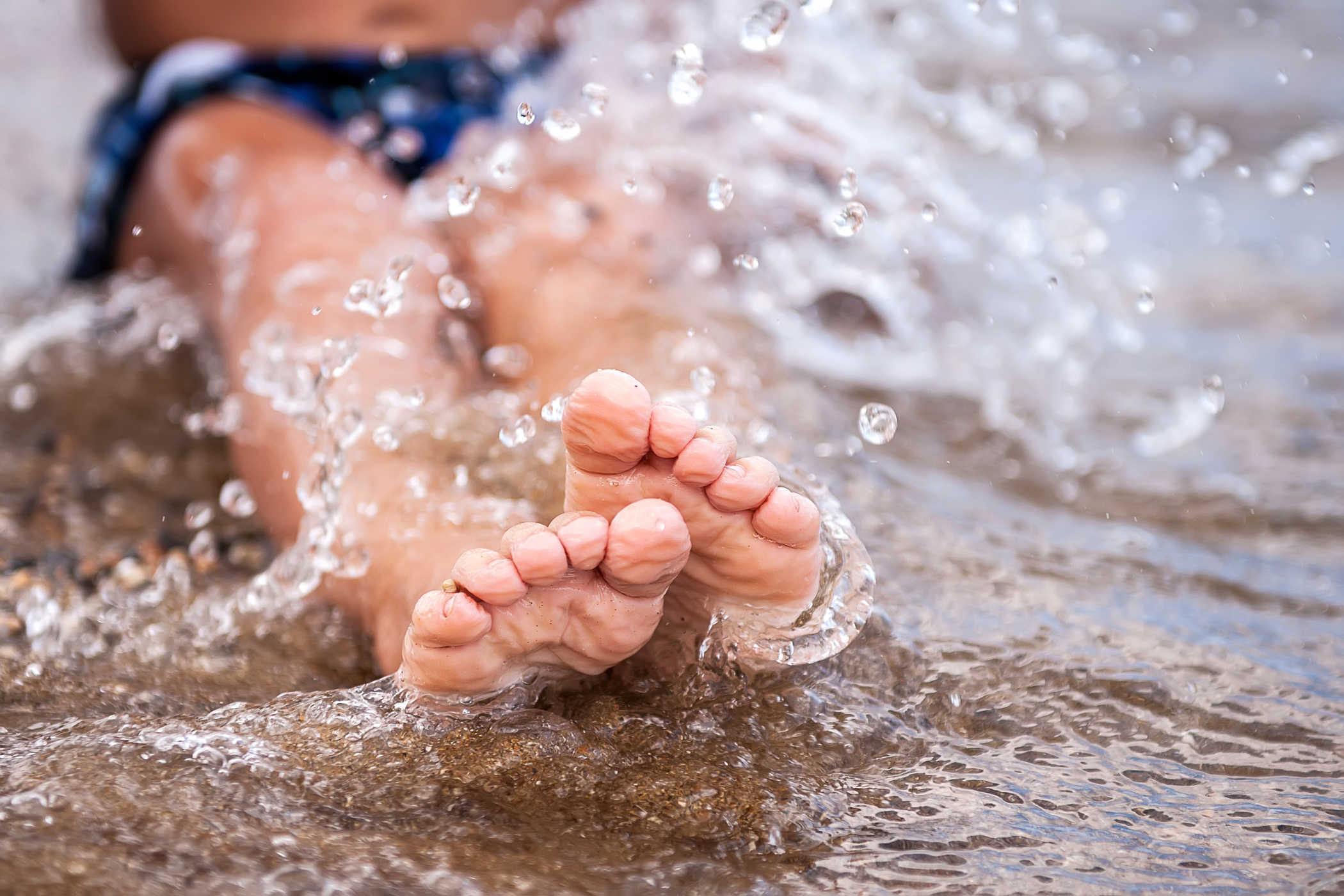Contents:
- Medical Video: 8 Great Beverages for Breastfeeding Moms
- Caffeine in coffee will affect the composition of breast milk
- So, can nursing mothers drink coffee?
- Safe tips for drinking coffee for nursing mothers
Medical Video: 8 Great Beverages for Breastfeeding Moms
Coffee is a stimulant drink that can increase one's alertness. Caffeine, one of the substances found in coffee, can affect the central nervous system to suppress fatigue. The effect of caffeine on the body is used by most breastfeeding mothers. Need extra energy for mothers to breastfeed while caring for their babies. So by drinking coffee, they can get rid of fatigue. However, can nursing mothers drink coffee? More details, see the following review.
Caffeine in coffee will affect the composition of breast milk
Breast milk is the main food intake for the baby as long as he cannot digest the actual food. Not just food, breast milk provides all the nutrients needed by babies to develop bodily functions and the immune system. When nursing mothers drink coffee, the caffeine contained in it will be mixed with breast milk. That means indirectly, babies get caffeine from their mothers who drink coffee.
Quoted from Very Well, women who during pregnancy and breastfeeding drink three cups of coffee every day, have less amount of iron in their milk than women who do not consume coffee. This can cause hemoglobin (Hb) and hematrokrit (Ht) to be lower and increase the risk of babies experiencing iron deficiency or anemia.
After caffeine is in the blood, about one percent of caffeine can enter the milk. Although caffeine can mix with breast milk, the body's level of caffeine absorption in each woman is different. So, it is difficult to predict how much caffeine will be obtained by babies from breast milk the mother who drank coffee before.
So, can nursing mothers drink coffee?
Caffeine doesn't always have a bad effect. According to research, caffeine is used as a therapy for premature babies to help them breathe. Therefore, experts agree that nursing mothers may drink coffee. However, there is still a limit on the amount of coffee that can be drunk. Reporting from the Baby Center, the limit of maximum caffeine intake for mothers who breastfeed is 300 milligrams (mg) per day, equivalent to about two cups of coffee.
But remember, caffeine is not only found in coffee, many foods and drinks that contain these substances. For example, food or drinks made from tea and chocolate, energy drinks, or soft drinks.
If your caffeine intake is no more than 200 mg per day, it will not harm the baby.If caffeine intake exceeds your needs, the baby will experience disorders, such as easy anxiety, insomnia, constipation, and colic, making the baby more fussy.
Nursing mothers with circulatory disorders, such as Raynaud's phenomenon, are not allowed to consume caffeine, whether from coffee or other foods. Raynaud's phenomenon makes blood vessels narrow and caffeine can increase constriction. This can cause nipple pain when breastfeeding.
Safe tips for drinking coffee for nursing mothers
If you are a coffee lover, keeping your coffee intake per day is important. Especially during pregnancy and lactation. Reduce caffeine intake from coffee or others gradually, not suddenly. Because your body needs to adapt to the changes in caffeine. If you still want coffee or tea occasionally, you don't need to avoid it, but you can replace it with several ways, such as:
- Brewed Your teabag is only one minute, not five minutes. This reduces the caffeine content in your tea.
- Switch from coffee brewed to instant coffee containing less caffeine.
- Replace chocolate bars or hot chocolate with fruit or juice that is just as sweet.
The best time for giving ASI is before drinking coffee and waiting three hours later after drinking coffee for breastfeeding again. This aims to reduce the effects of caffeine to the baby from breast milk.





